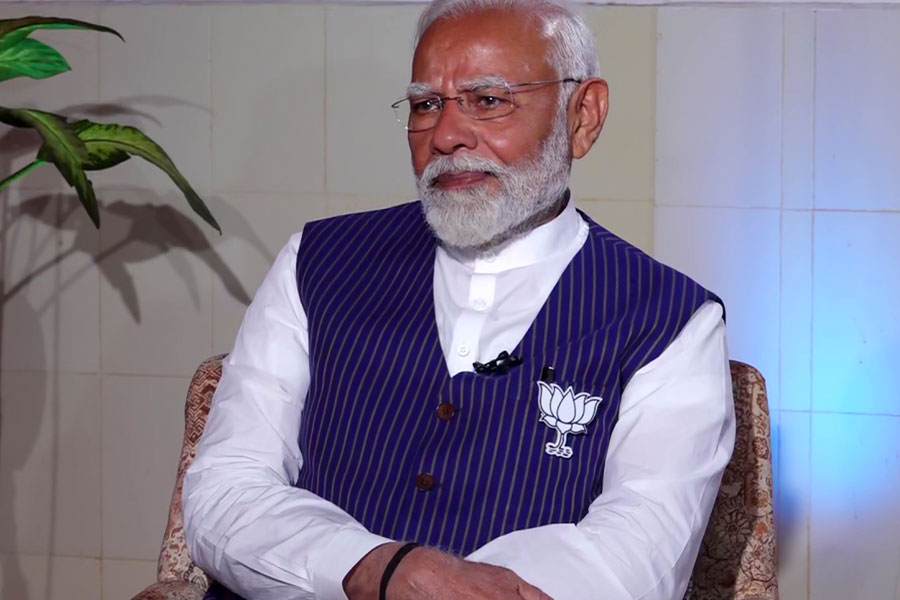India’s National Institute of Nutrition (NIN) has urged people to minimise consumption of ultra-processed food (UPF), outlined appropriate cooking methods and dispelled myths about microwave cooking and different types of salt in revised guidelines for healthy eating.
The 2024 dietary guidelines have urged consumers to read labels on packaged food before purchasing, while asserting that the addition of UPF with nutrients “does not make them healthy or wholesome”.
The document, released on Wednesday by Indian Council of Medical Research (ICMR) director-general Rajiv Bahl, has also advised against using protein powder as supplements, saying the 0.66gm to 0.83gm per kilogramme body weight can be attained through diet alone.
The document seeks to provide easy-to-adopt, practical guidelines for healthy eating based on evolving scientific knowledge, an NIN official said.
“We’ve tried to translate scientific terminology contained in NIN’s 2020 document on revised dietary requirements for Indians to consumer-friendly guidelines to meet those requirements,” said M.G. SubbaRao, a scientist at the NIN, a unit of the ICMR. “We’ve also tried to dispel some myths, often amplified by social media, about so-called healthy salts, protein supplements, and how many steps to walk in a day.”
The updated section about the reading of food labels and warning against UPF comes amid spiralling concerns in public health circles about an increase in obesity, diabetes and cardiovascular diseases alongside unhealthy eating.
“There is a visible surge in the availability of and access to packaged food, UPF — including ready-to-eat snacks and heat-and-eat food — but anecdotal evidence indicates that buying decisions are largely guided by brand and cost,” SubbaRao said.
“India has among the world’s best labelling guidelines with information about salt, added sugar, fat, including cholesterol. We want more people to read labels and choose what they buy,” he said.
The revised guidelines are available on NIN’s website. “Through these guidelines, we emphasise that the most logical, sustainable, and long-term solution to undernutrition or overnutrition is ensuring the availability, access and affordability of nutrient-rich foods while promoting consumption of diverse foods,” said R. Hemalatha, director of NIN and chair of the scientific panel that drafted the guidelines.
The section on protein intake says combining cereals and pulses in a 3:1 ratio — weighed raw — is the most efficient way to obtain all nine essential amino acids from a diet.
The guidelines describe the pros and cons of various cooking methods and when to discard non-stick cookware. “Microwave cooking is one of the least likely forms of cooking to damage nutrients,” the guidelines said.
A section on salt consumption urges consumers to restrict salt to below 5gm per day, clarifying that there is no difference among sea salt, black salt, rock salt or Himalayan salt with regard to sodium content.











